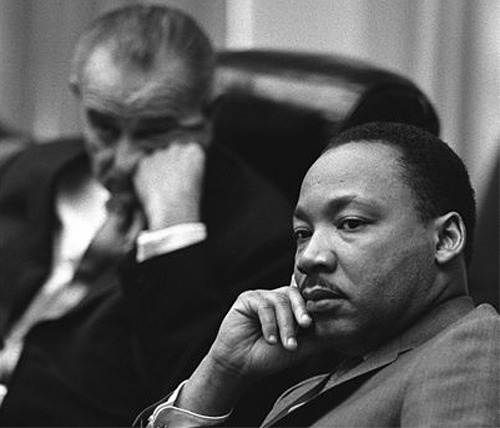History, Citizenship & Controversy
Primary History

Y4 question their MP about nuclear waste policy; Y6 survey people in their community and school about a proposed casino in their town, and feed back the information to the local council; children decide to buy their Christmas presents and ask for their own presents to come from a Fair-trade source or NGO catalogue; Y5 learns about the suffragettes and how they struggled to achieve votes for women; in assembly the head talks about bullying in the playground and the children agree that it's unkind; Y2 learns about Martin Luther King and the Civil Rights movement and includes in their class charter that nobody will bully a person because of their colour or religion.
Which of these is about citizenship education? The answer is that some are, and some could be if they went much further!
In KS3 and 4, unlike the National Curriculum non statutory guidance for the primary age range, PSHE and Citizenship are separate. In primary, you can take advantage of the way they build on one another, but also have to appreciate the difference between them to teach the latter appropriately.
At a recent meeting, Liz Craft, the QCA officer in charge of Citizenship Education said ‘Citizenship is about working together to achieve positive change'. So, thinking about the example of learning about Civil Rights and modifying the class charter, and the assembly about bullying, the former takes an historical concept into policy and action; whereas the latter would become citizenship if following discussion about the unacceptability of bullying. Children then made some kind of policy and plan, perhaps through their School Council, to monitor and prevent bullying in a general way, not just on an individual basis. It would be even better, if they started to look at the ways in which discrimination which takes the form of bullying in school may be magnified in wider society, becomes institutionalised, so that groups of people are targeted, suffer stereotyping and prejudice. Then, children might consider what action is necessary - going beyond individual good deeds - to make life safer and more equitable for such groups.
Attached files:
- History, Citizenship and Controversy.
131.5 KB PDF document

